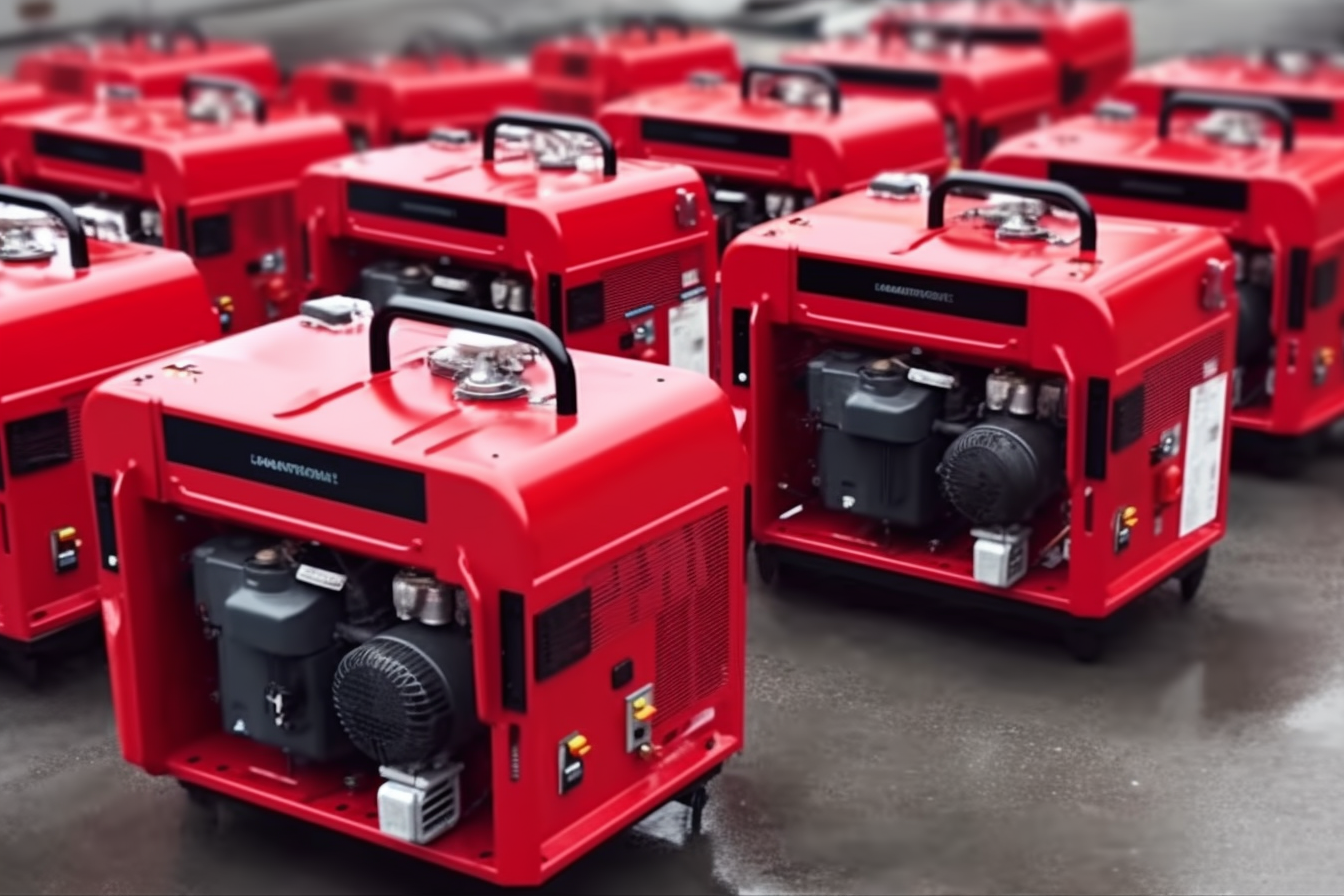Power Generators: Ensuring Uninterrupted Power Supply for Homes and Businesses
In today's interconnected world, a reliable power supply is crucial for both residential and commercial environments. Power generators play a vital role in providing backup electricity during outages, ensuring business continuity, and supporting essential operations. This article explores the various types of power generators, their applications, and key considerations for selecting the right generator for your needs.

What are the main types of power generators?
Power generators come in various forms, each designed to meet specific requirements. The most common types include:
-
Diesel Generators: Known for their reliability and efficiency, diesel generators are widely used for industrial backup power and commercial applications. They can provide continuous power for extended periods, making them ideal for facilities that require uninterrupted operation.
-
Natural Gas Generators: These generators offer a cleaner alternative to diesel and are often used in residential and commercial settings. They can be connected directly to natural gas lines, eliminating the need for fuel storage.
-
Portable Generators: Typically powered by petrol or propane, portable generators are versatile and suitable for temporary power needs, outdoor events, or emergency backup in homes.
-
Standby Generators: These are permanent installations that automatically activate when the main power supply fails. They are commonly used in homes and businesses that require immediate backup power.
How do industrial backup generators benefit businesses?
Industrial backup generators are essential for maintaining operations during power outages. They offer several benefits:
-
Business Continuity: By providing uninterrupted power, these generators ensure that critical processes and equipment remain operational, minimizing downtime and potential losses.
-
Data Protection: For businesses relying on digital infrastructure, backup generators safeguard against data loss and system crashes during power failures.
-
Safety and Compliance: Many industries are required by law to have backup power systems in place to ensure safety and meet regulatory standards.
-
Cost Savings: While the initial investment may be significant, industrial backup generators can save businesses substantial amounts by preventing production losses and protecting sensitive equipment from power-related damage.
What factors should be considered when choosing a commercial diesel generator?
Selecting the right commercial diesel generator requires careful consideration of several factors:
-
Power Requirements: Assess the total power needs of your facility, including essential equipment and systems that must remain operational during an outage.
-
Fuel Efficiency: Look for generators with high fuel efficiency to reduce operating costs and extend runtime during prolonged outages.
-
Noise Levels: Consider the generator’s noise output, especially if it will be installed near residential areas or noise-sensitive environments.
-
Emissions Compliance: Ensure the generator meets local and national emissions standards to avoid potential legal issues and environmental concerns.
-
Maintenance and Support: Choose a generator with readily available parts and reliable service support to minimize downtime and maintenance costs.
How do home backup generators differ from industrial models?
Home backup generators are designed specifically for residential use and differ from industrial models in several ways:
-
Size and Power Output: Home generators are typically smaller and have lower power outputs, ranging from 7 to 20 kilowatts, compared to industrial generators that can produce hundreds or thousands of kilowatts.
-
Fuel Type: Many home backup generators run on natural gas or propane, which are more convenient for residential use, while industrial generators often use diesel fuel.
-
Installation: Home generators are usually installed outdoors on a concrete pad near the house, with automatic transfer switches that detect power outages and start the generator.
-
Noise Levels: Residential generators are designed to operate more quietly than their industrial counterparts, with sound-dampening enclosures to minimize disturbance to homeowners and neighbors.
-
Cost: Home backup generators are significantly less expensive than industrial models, making them more accessible to individual homeowners.
What are the latest advancements in power generator technology?
The power generator industry continues to evolve, with several notable advancements:
-
Smart Generators: Modern generators now feature advanced monitoring systems that allow remote control and diagnostics via smartphone apps or web interfaces.
-
Bi-Fuel Technology: Some generators can now switch between natural gas and diesel fuel, offering greater flexibility and extended runtime during emergencies.
-
Microgrid Integration: Generators are increasingly being integrated into microgrid systems, working alongside renewable energy sources to provide more resilient and sustainable power solutions.
-
Improved Fuel Efficiency: Manufacturers are developing more efficient engines and power management systems to reduce fuel consumption and emissions.
-
Quieter Operation: Advancements in sound-dampening technology have led to significantly quieter generators, especially important for residential and urban applications.
How do facility generators contribute to overall building resilience?
Facility generators play a crucial role in enhancing building resilience:
-
Critical Systems Support: They ensure that essential systems like emergency lighting, elevators, and security systems remain operational during power outages.
-
Climate Control: In facilities housing sensitive equipment or materials, generators maintain climate control systems to prevent damage or loss.
-
Business Operations: For commercial buildings, generators allow tenants to continue operations during outages, maintaining productivity and customer service.
-
Safety and Compliance: Many buildings are required by law to have backup power systems to meet safety codes and regulations.
-
Property Value: The presence of a reliable backup power system can increase a facility’s value and attractiveness to potential tenants or buyers.
In conclusion, power generators are essential components of modern infrastructure, providing critical backup power for homes, businesses, and industrial facilities. Whether you’re considering a home backup generator or an industrial-scale solution, understanding the various types, applications, and latest technologies will help you make an informed decision to ensure uninterrupted power supply when it matters most.




